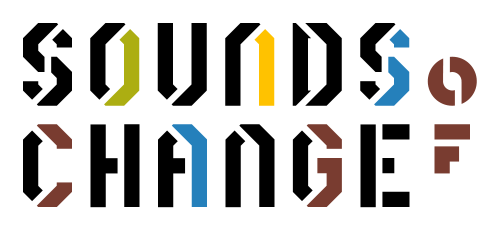"This reflects our life inside and outside of the group"
We conducted the first training of our new project with the volunteers team of Ruwwad Palestine, based in a small village called Budrus.
The village of Budrus is famous for it's non-violent resistance. When the “separation barrier” was planned to swerve and dip around the village, biting off chunks of the villagers' land; their olive trees would've been torn up. 55 peaceful demonstrations by the villagers (men and women), over 10 months, let to subverting the planned wall that would have destroyed their village. This way they saved 95 percent of their land.
Sometimes, a journey is so unique that it’s hard to put into words what you’ve experienced. It feels like that, this time...
We were hosted by a Palestinian family in the village of Qibya (next to Budrus), which made us more than ever part of the culture, language and daily life in this area. We stayed in their house, played with the children, met all family members, tasted delicious food, drank countless cups of coffee and tea and listened to all of their stories. Experiencing the genuine Arab hospitality and infinite generosity is something very special. Something we've hardly experienced in the Netherlands. It feels like we are now a little bit part of the family, with our new Arabic names ‘Habiba’ (= Maite, meaning ‘beloved’) and ‘Nour’ (= Lucas, meaning ‘the light’).
Since 2014, Ruwwad is helping Palestinian youth to access scholarships in exchange for community service hours in Budrus and four surrounding villages: Qibya, Shiqba, Ni’lin and Der Qiddis. All four villages are located in the Zone C area, which has been especially affected by the “Israeli” separation wall and the expansion of Mudi Ein, one of the biggest Israeli settlements in the West Bank.
We are training the youth scholars of Ruwwad Palestine in using music in their community service hours and working with creative music processes.
The students and staff we worked with, are (despite all the challenges they face) very positive and open minded; full of energy and ready to make a change. Every day the group got closer to each other. Each individual daring to express more and more from his of her own unique identity through the music we made or conversations we had.
Family and past generations play an important role in the lives of Palestinians and in particular in these small villages. The challenge for this youth is how to break with old conventions in order to make a change, whilst keeping the cultural identity and traditions they value intact. Together they created a very catchy song about this, which we all kept singing for hours after the training:
What does it matter, being a girl?
What does it matter, being a boy?
If we unite
We build our place together
We take the wisdom from our ancestors
To teach our grandchildren
To keep our identity
To achieve our dreams and hopes
Chorus:
The past learnt us stories
From the past generation
Oh our future
We will build our homeland
Keep your hopes high
Tomorrow you will achieve your dream
Listen to me, we want to continue
To make the future more beautiful
Let’s play in the sunlight
Between flowers and trees
Give me the rebab and let’s sing
With our beloved ones
Dalal:
“I learned how to work as a group, as a team. Not only as a music band, but in everything in life. I learned how important each person in the group is and how important it is to listen to each other. To recognise and respect every single thing that is coming from someone. This reflects our life inside and outside of the group. These activities bring us back together, which is so important for us. I believe we can make social change through music. We can tell our story or message, our happiness or our sadness through music.”







